Finding Financial Solutions for Caregivers
How Advisors Can Help Families Unlock Equity for Care

Actual Case Study
The children, acting as Power of Attorney and Co-Executors of the Family Trust, applied for and were approved for a Jumbo Reverse Mortgage on their mother's home.
The loan was approved for $1.1M at a 7.5% interest rate. At closing, $250,000 was drawn to pay off the existing mortgage and cover incidentals. The remaining $850,000 was established as a 10-year line of credit (LOC), with the unused portion growing annually at 1.5%.
The initial annual interest cost on the drawn $250,000 is $18,750. Interest on the LOC is only charged as funds are withdrawn. The plan is to set up monthly draws to pay for in-home care services.
Upon the mother's passing, the children will inherit the home with a step-up in basis, eliminating capital gains taxes upon sale. Additionally, accrued interest paid at the time of sale may be used to offset taxes on the decedent’s estate.
It’s a conversation I find myself having frequently—someone sharing their experiences as a caregiver for a loved one with dementia or Alzheimer’s. These conversations, while unique in their details, share a common theme: the overwhelming stress and uncertainty that comes with this responsibility.
Caring for someone with these diseases is a journey filled with emotional and physical challenges. As I once heard someone say, “If you have seen one person with dementia, you have seen one person only,” emphasizing that each case is distinct, with its own set of hurdles. No two experiences are the same, yet the burden on caregivers is universally heavy.
For many caregivers, balancing their own lives while tending to their loved ones can feel like an impossible task. They often belong to the “sandwich generation,” juggling the care of their children alongside their caregiving responsibilities. As the stress mounts, it’s crucial to remind them that their well-being is just as important as the care they provide.
The Financial and Workplace Strain of Caregiving
The strain of caregiving extends far beyond familial obligations—it also affects careers and financial stability. A staggering 61% of employees are caregivers for aging loved ones, dedicating an average of 20+ hours per week to caregiving responsibilities. Yet, many companies fail to provide adequate support or benefits, exacerbating the stress caregivers face.
The financial impact of caregiving cannot be overstated. In 2021 alone, unpaid care provided to individuals aged 50 or older amounted to $600 billion, reflecting the immense burden placed on family caregivers. Additionally, caregivers often sacrifice their own health, with one in five reporting physical strain and difficulty managing their own well-being due to caregiving demands.
For some, the weight of these responsibilities begins to impact their work performance, leading to job loss or the need to reduce working hours. With rising healthcare costs and the need for professional care services, many families struggle to find a sustainable solution.
A Reverse Mortgage: A Financial Lifeline for Caregivers
As financial advisors, you have the opportunity to introduce an underutilized solution: a reverse mortgage. By unlocking the equity in their home, families can free up much-needed funds to hire professional caregivers, cover the costs of adult daycare, or simply alleviate some of the financial stress that caregiving brings.
A reverse mortgage allows homeowners aged 62+ (55+ in some areas) to access a portion of their home’s value as tax-free income, all while continuing to live in their home without required monthly mortgage payments. This financial tool can provide the flexibility caregivers need to ensure their loved ones receive quality care—without depleting their savings or sacrificing their own financial future.
Helping Clients See the Bigger Picture
Many caregivers don’t realize they have options beyond depleting their retirement accounts or taking on additional debt. As an advisor, guiding them through the benefits of a reverse mortgage can be life-changing. It can mean:
- Hiring professional in-home care so they can continue working without sacrificing their income.
- Paying for adult day programs that provide social engagement and medical supervision.
- Preserving their retirement savings instead of withdrawing funds early and facing unnecessary tax burdens.
Could This Strategy Benefit Your Clients? Let’s Find Out!
Do any of your clients fit this scenario? Retirement in Reverse would be happy to provide a customized, hypothetical scenario to help you assess if this strategy could be a valuable solution. Let’s explore how we can make it work for your clients!
Who would have ever thought you could use a reverse mortgage for this?
Today’s reverse mortgage is no longer the loan of last resort. It’s a flexible financial tool that can be used strategically for:
- Charitable giving
- Buy-sell agreements
- Paying for long-term care or in-home support
- Funding a business venture
- Helping Grandkids Fund College Expense
- Gift down payment to your Kids
- Any many more….
It’s all about what the money costs. It’s just math.
Retirement In Reverse offers
Objective, Competent Advice to help you make informative decisions for your clients.
Furthermore, we have
No Conflict of Interest, as we do not sell Financial Product, nor enter into financial planning engagements. We share your commitment to your clients’ financial stability and quality of life.



